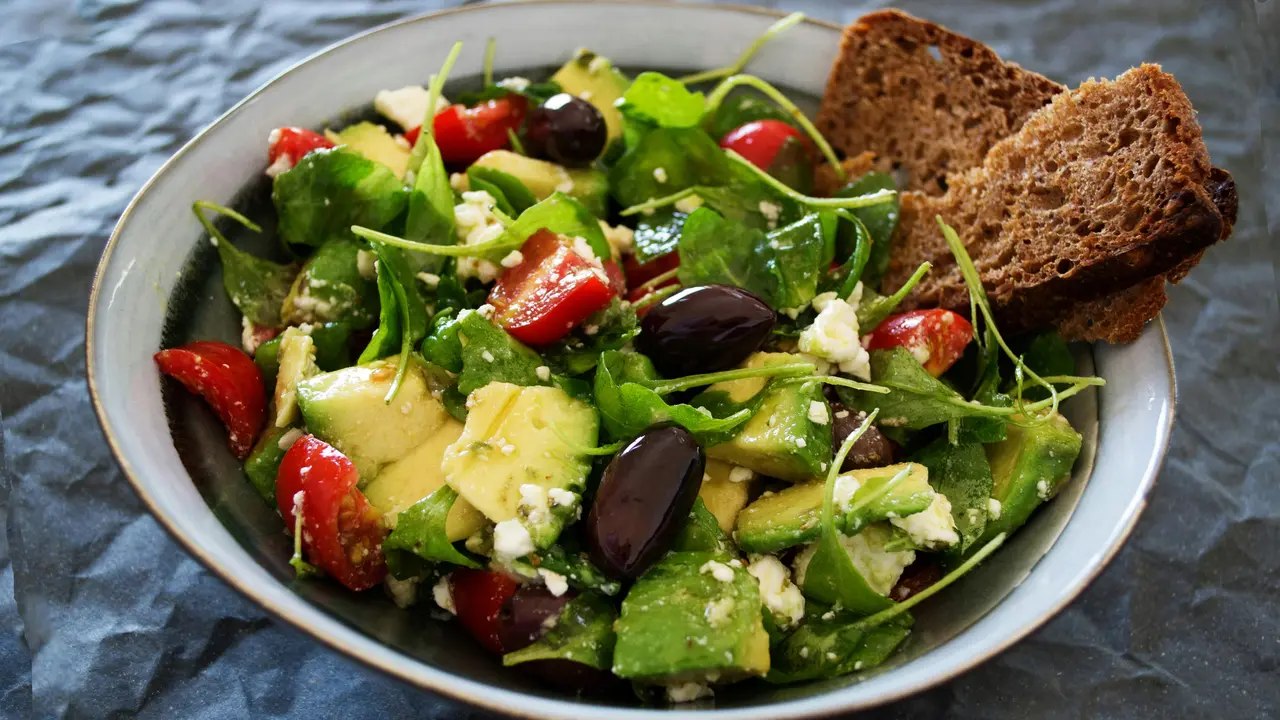Are you a fan of the vibrant and crunchy bell pepper? If so, you might be wondering, “Are bell peppers gluten free?” Understanding the dietary compatibility of foods is crucial, especially for those with gluten sensitivities or celiac disease. In this article, we will unveil the surprising truth about bell peppers and their relationship with gluten, empowering you to make informed dietary choices.
Understanding Gluten and Its Effects on Health
What is Gluten?
Gluten is a protein found primarily in wheat, barley, and rye. It provides elasticity to dough, helping it rise and maintain its shape. However, for individuals with gluten sensitivities or celiac disease, consuming gluten can lead to severe digestive issues and other health complications.
The Importance of Gluten-Free Foods
For those who cannot tolerate gluten, incorporating gluten-free foods into their diet is essential. This includes a wide variety of fruits and vegetables, which play a vital role in a balanced diet. This brings us to the question: are bell peppers gluten free?
Are Bell Peppers Gluten Free?
Exploring the Nature of Bell Peppers
Bell peppers, also known as sweet peppers, are naturally gluten-free vegetables. They belong to the nightshade family and come in various colors, including red, yellow, green, and orange. Their crunchy texture and sweet flavor make them a popular addition to salads, stir-fries, and many other dishes.
Nutritional Benefits of Bell Peppers
Bell peppers are not only gluten free, but they are also packed with essential nutrients. Here are some health benefits of including them in your diet:
- High in vitamin C, aiding the immune system.
- Rich in antioxidants, combating oxidative stress.
- Low in calories, making them a great snack option.
- Contains dietary fiber, promoting digestive health.
How to Incorporate Bell Peppers in a Gluten-Free Diet
Delicious Recipe Ideas
Now that you know that bell peppers are gluten free, here are some ideas on how to make them a star in your meals:
- Stuffed Bell Peppers: Fill bell peppers with quinoa, black beans, and spices for a hearty meal.
- Bell Pepper Stir-Fry: Toss bell peppers with chicken or tofu, and serve over rice or gluten-free noodles.
- Roasted Bell Peppers: Roasting enhances the natural sweetness; serve as a side or add to salads.
Pairing Bell Peppers with Other Gluten-Free Foods
To create nutritious and gluten-free meals, consider pairing bell peppers with the following:
- Grains like quinoa, brown rice, or gluten-free pasta.
- Proteins such as chicken, fish, or legumes.
- Other vegetables like tomatoes, zucchini, and spinach.
Allergies and Sensitivities Related to Bell Peppers
Potential Allergic Reactions
While bell peppers are gluten free, some individuals may have allergies or intolerances to them. Symptoms can include:
- Skin reactions, such as rashes or hives.
- Gastrointestinal distress, including nausea or bloating.
- Respiratory issues, such as wheezing or congestion.
Consulting a Healthcare Professional
If you suspect that bell peppers may be causing adverse reactions, it’s essential to consult a healthcare professional. They can guide you on potential allergies and dietary adjustments to ensure your well-being.
Conclusion
In summary, bell peppers are indeed gluten free and offer many health benefits that make them an excellent addition to your diet. Their versatility allows for numerous culinary applications, ensuring that you can enjoy them in various delicious recipes. Now that you have the facts, why not try adding more bell peppers to your meals? Share this article with friends who may wonder about gluten in foods, and explore our other articles for more insights on healthy eating!
Gluten – Recent Articles
- Are Ferrero Rochers Gluten Free? Discover the Truth!
- Is Bacardi Rum Gluten Free? Discover the Truth Here!
- Does Blue Moon Have Gluten? Discover the Surprising Truth!
- Is Auntie Anne’s Gluten Free? Discover the Truth Here!
- Is There Gluten Free Puff Pastry? Discover Delicious Options!
Gluten – Useful Links
- Celiac Disease Foundation – What Is Gluten?
- Mayo Clinic – Gluten-free diet
- NIDDK (National Institute of Diabetes and Digestive and Kidney Diseases) – Eating, Diet & Nutrition for Celiac Disease
- WebMD – 8 Foods High in Gluten and Why You Should Avoid Them
- BeyondCeliac.org
